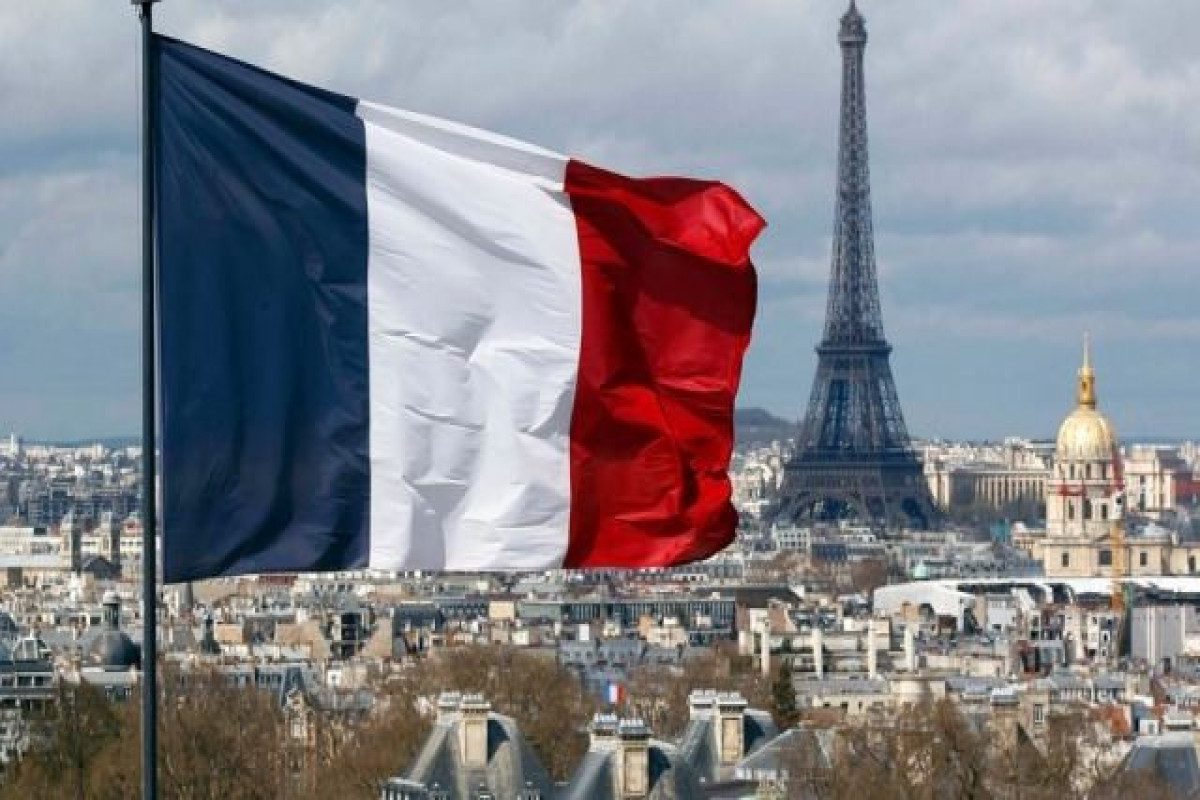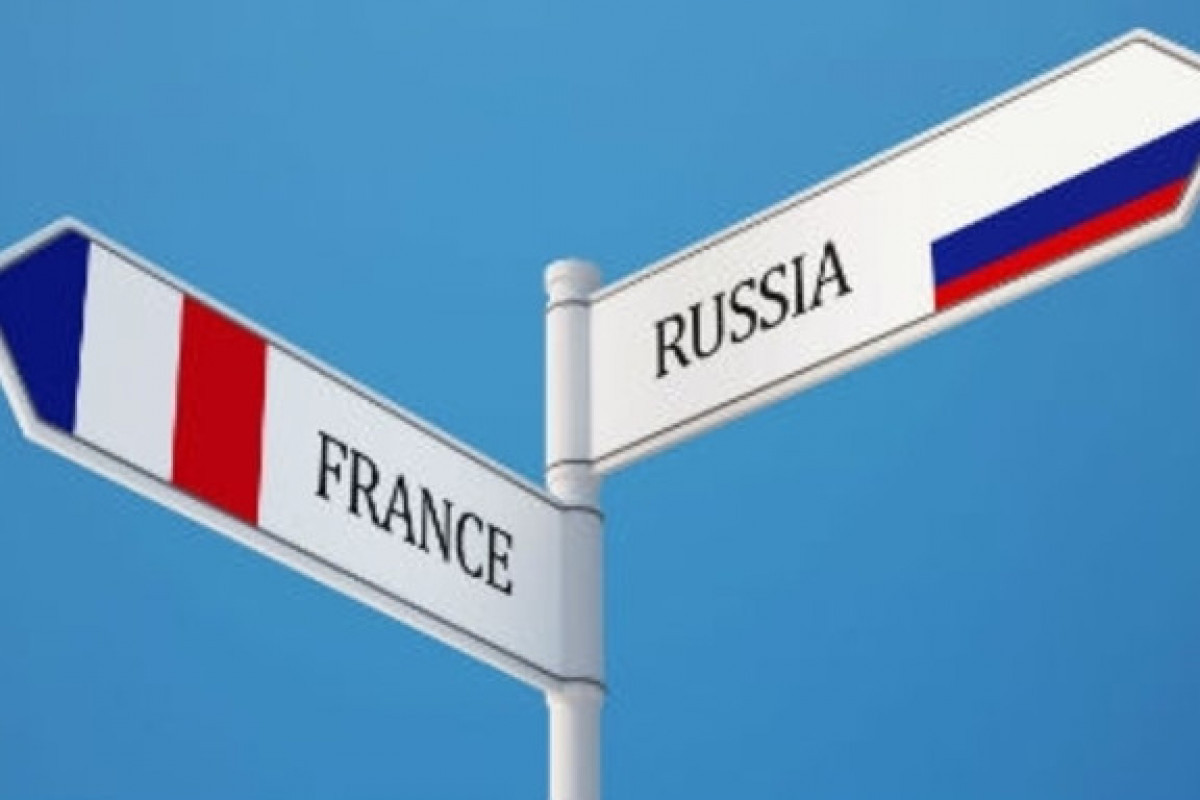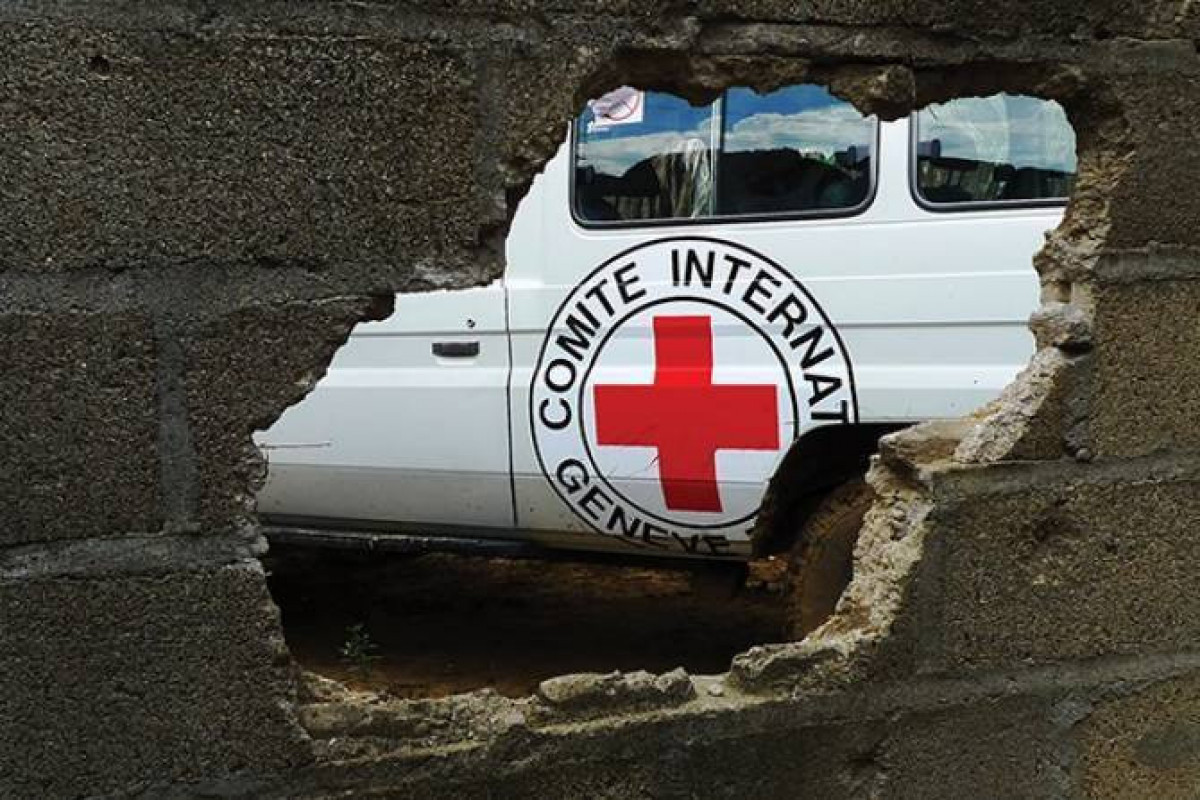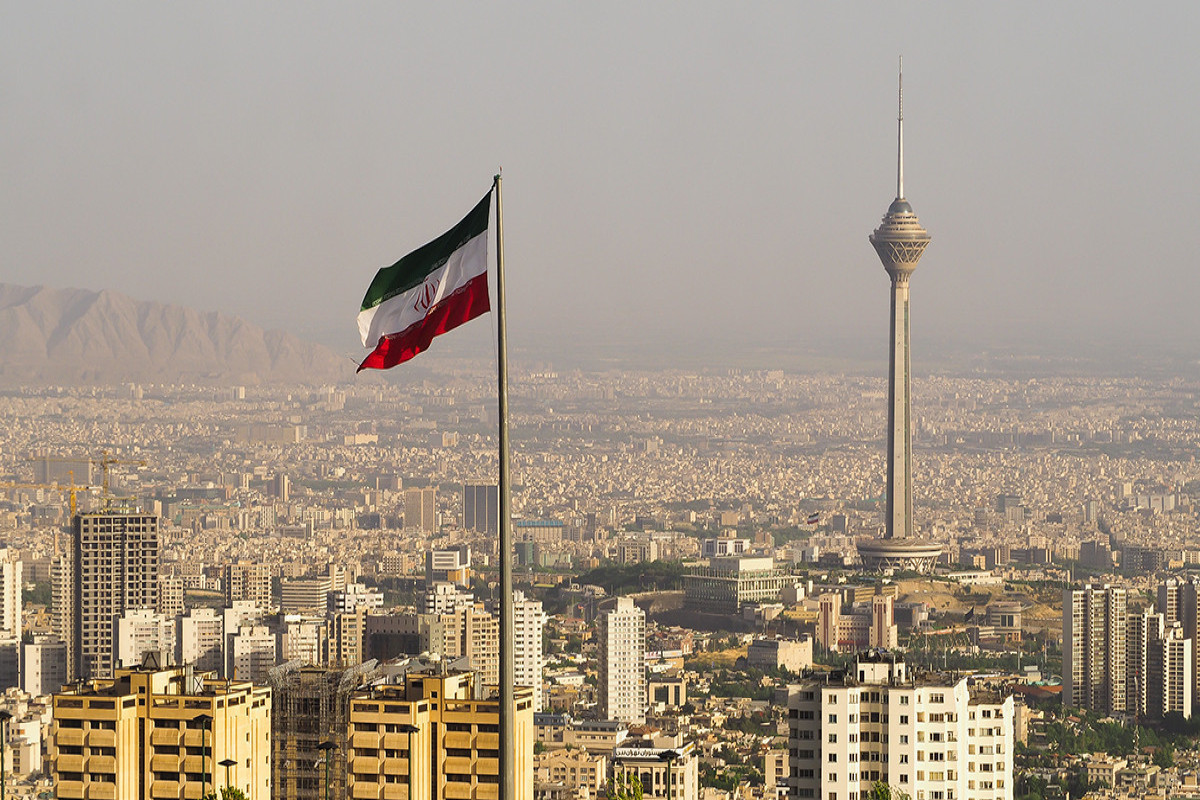These visits are of great importance for specifying the attitude towards Baku by three super powers, which have significant role in the foreign policy of Azerbaijan. Along with Iran and the United States, Europe, Russia and the Turkic world are also the main sides of Azerbaijan’s foreign policy, the policy of balancing is being pursued among these sides.
Italy is the main foreign trade partner of Azerbaijan and has a key role in our country’s access to the European energy market. In this regard, Prime Minister Enrico Letta’s statements in Baku made an opportunity to further outline the relations not only between the two countries, but also between Azerbaijan and the European Union. The main outline is – Europe admits the essential role of Azerbaijan in ensuring energy security and recognizes the right of Baku to independently make a decision in this process. The delivery of Shah Deniz gas to Europe via TAP project will make it possible to deliver 10bcm natural gas to the continent through Turkey, Greece, Albania and Italy. It means that in the initial stage 10% of Europe’s energy market will be freed from Russia’s dependence.
The ongoing processes on the privatization of Greek DEPA company also confirmed that Russia recognizes Azerbaijan’s right to access to the Europe’s energy market. At the last stage of tender for privatization, stepping back from the tender Gasprom, a giant energy company, ensured the actual victory of SOCAR. This fact shows that Russia sees Azerbaijan as a partner not as a rival in the distribution of Europe’s energy market. Vladimir Putin’s statements and visit to Baku confirmed it again.
Putin’s third term in office is memorable with the solution of a number of complicated issues in Azerbaijan-Russia relations. The first is the closure of Gabala radar station. The major political result of this event is also the withdrawal of last Russian soldier from Azerbaijan.
Contrary to claims, the suspension of transit oil transportation through Baku-Novorossiysk pipeline has not affected Azerbaijan in terms of economy. The country has gained an opportunity to export high-quality oil instead of the oil mixed with the low-quality Tyumen oil. The third main matter in the relations between the two countries during the Putin’s presidency is the balancing of arms sale by Russia to the parties of the Nagorno Karabakh conflict. The Kremlin has managed to restore this disrupted balance by selling weapons worth $ 1 billion to Azerbaijan and stated that it wanted to stand at the same distance with the conflicting sides.
Azerbaijan and Russia are also playing major roles in such problems as Nagorno Karabakh conflict and the legal status of the Caspian. These are major problems, where there is no progress in the relations between Baku and Moscow. It is not accidental that Vladimir Putin’s statements mainly focused on these two issues. The statements both on Nagorno Karabakh conflict and the legal status of the Caspian do not essentially differ from those issued by the Kremlin for years, but it would have been absurd to expect different statements from Russian President in Baku. One of the positive moments is that the framework of the problems in Azerbaijan-Russia relations has been narrowed to the level of these two multilateral issues, of which Moscow is an indirect participant. Reduction of problems is also connected with the fact that the relations between the two countries have reached a new level. Consequently, Russia has started to admit the role of Azerbaijan, a non-permanent member of the UN Security Council, in the region and the world, especially in the diversification of energy routes to Europe and intends to participate in these processes as Azerbaijan’s partner. Vladimir Putin’s statements highly appreciating the initiatives put forward by Baku and declaring that Moscow is open to new initiatives in order to improve the relations prove it. The fact that after Belarus and Ukraine during his presidency Vladimir Putin paid the third visit in the post-Soviet area to Azerbaijan also proves that Russia attaches importance to Azerbaijan. Moreover, Russian President has not visited Armenia yet.
The fact that heads of five states have visited Azerbaijan within a week shows that the foreign policy course of Baku is based on multilateral relations. The relations with Turkic world have become one of the priorities of the foreign policy, this priority, which is sometimes regarded with jealousy, even surpasses other directions of foreign policy. Further enhancement of political, economic and cultural cooperation among the Turkic-speaking republics meets the interests of all participants of this process, including Azerbaijan, which has assumed the leading mission in the process. The visits of the presidents of three states can not be considered an ordinary event. Turkey and Kazakhstan, the two countries that will attend the summit of the heads of Turkic-speaking states, are strategic partners of Azerbaijan and Azerbaijan has signed strategic partnership agreement with these countries. The processes in the Middle East have brought closer the border of the world’s hottest spots to the borders of Turkic-speaking republics. In order to be insured from the impact of the existing hot spots, to get out of this process will minimal damage these countries should coordinate their activities, foreign policy priorities and the summit is of great importance in this respect.
The visits of Enrico Letta, Vladimir Putin, Abdullah Gul, Nursultan Nazarbayev and Almazbek Atanbayev to Azerbaijan prove this fact – Baku has no problems in the diplomatic relations with the major parties of the foreign policy course, even if a problem emerges Azerbaijan is capable of using such factors as geostrategic position, energy resources to solve the problems.




 ANALYSIS'>
ANALYSIS'>

